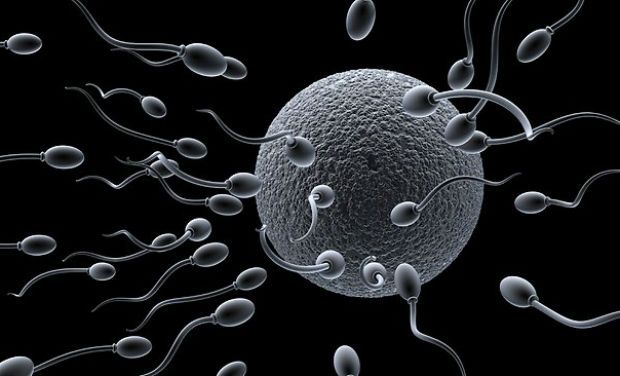No hard and fast rule when it comes to resuming sexual activity after childbirth: Study

Resuming sexual activity after pregnancy isn't easy, especially for mothers experiencing postpartum pain, fatigue and stress. Yet, many couples are led to believe there is a point at which they can restart sexual intercourse , which according to a recent study, is not actually the case. As part of the research, participants of the study retold their conversations with their doctors about postpartum sex. "Among participants, the most frequent recommendation from health providers was to resume sex after the six-week postpartum visit," said Andrea DeMaria, lead author of the study. The finding of the study were published in the Journal of Culture, Health and Sexuality. He further explained, "Contrarily to the medical suggestions, we found some women were ready before six weeks due to personal and partner desire, while other women expressed difficulties resuming sex, including pain and exhaustion from caring for a new baby." Read More Article Sou...



